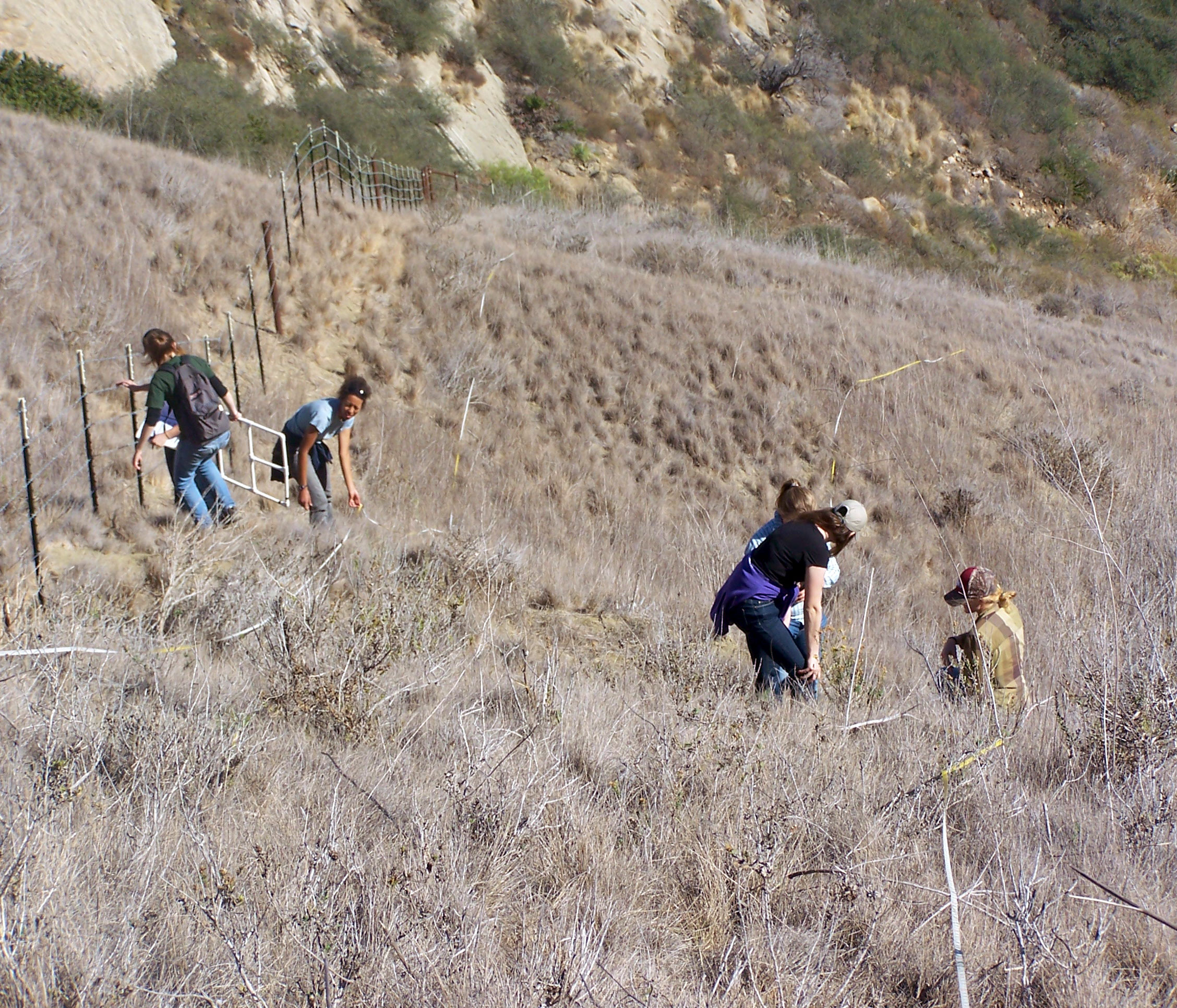
Registration Status
Future offerings
View all courses for this program:
Rangeland Ecology & Vegetation Management
Sat., April 11, 9 a.m.-4 p.m. (in person, location TBA), & Thurs., April 16-May 7 (online synchronous), 6-7:50 p.m.
Location: In person/Online
Credit: FOR 680, 1 unit
Cost: $400
With David Kelley
This course is one of five short courses designed to help review for the California Certified Rangeland Manager (CRM) exam administered by the Professional Forester Examination Committee (PFEC).
Completion of this course will appear on university transcripts, and will provide evidence of range management coursework for the CRM application and for federal job series 0454 (Rangeland Management Specialist) and other qualifications.
Rangeland Ecology & Vegetation Management focuses on the protection of natural vegetation, ecosystem restoration and rehabilitation, and understanding ecosystem and landscape processes. Management addresses vegetation composition and productivity, animal habitat, revegetation, and invasives control. Fire, grazing, drought, soil degradation, and invasive species, are examined both as disturbance agents and management tools for rangeland ecosystems. Ecological Site Descriptions (ESDs) and State and Transitions Models (STMs) are examined.
Upon completion of this course, you will be able to:
- Describe and map diverse rangeland ecosystems found in California.
- Interpret how local soil, topographic position, and climatic factors influence rangeland productivity and the occurrence of different vegetation types as well as special species.
- Paraphrase the ecological history of California Rangelands, including vegetation changes and ecosystem services provided by them.
- Distinguish between equilibrium and nonequilibrium models of community dynamics in rangeland ecosystems, and discuss important ecological processes.
- Generalize and evaluate Ecological Site Descriptions and State & Transition Models for a given rangeland location.
- Interpret and suggest management approaches and tools to maintain ecosystem health, and restore or rehabilitate degraded rangelands to improve livestock production and/or wildlife habitat.
- Describe special features or concerns typically occurring on California Rangelands that would benefit from specialized management (i.e. species, natural communities, pest plants, soil erosion, water pollution, and fire hazards).
- Describe the need for sustainability of a local livestock industry to perform required management of California Rangelands.
This course starts with a Saturday field day (7 hours). The locations will be determined.
Lectures are presented in a voiceover/video format that should be watched and studied before the online meeting time. A small quiz is required the night before the online weekly synchronous Zoom meetings of two hours each over a four-week period. In addition to the class time, you will spend at least two hours or more doing out-of-class work per week. Assignments are turned in via Canvas, the university's learning management system.
You will need a computer with a microphone and webcam, and internet access. You may use campus computer labs and if needed, you may be able to check out a device from the library.
You will be responsible for travel-related costs for in-person field trips. A charge of no more than $100 total may be necessary to access a ranch or other property for field exercises.
Prerequisites: Introductory rangeland management and ecology course preferred. Senior or post- baccalaureate standing.
Register for this course by March 27, 2026.
Return to CRED courses main page

David Kelley
David B. Kelley has spent the last 45+ years as a consulting plant and soil scientist working on earth, environmental, and agricultural matters. His work has taken him across most of the U.S. and to many other countries. He taught ecology and plant physiology courses at CalPoly Humboldt and UC Davis, as well as many short courses on soils and arboriculture for natural resource professionals across the U.S. He has been a life member of the Society for Range Management for over 50 years. He founded the consulting firm Kelley and Associates Environmental Sciences, Inc. over 40 years ago.






